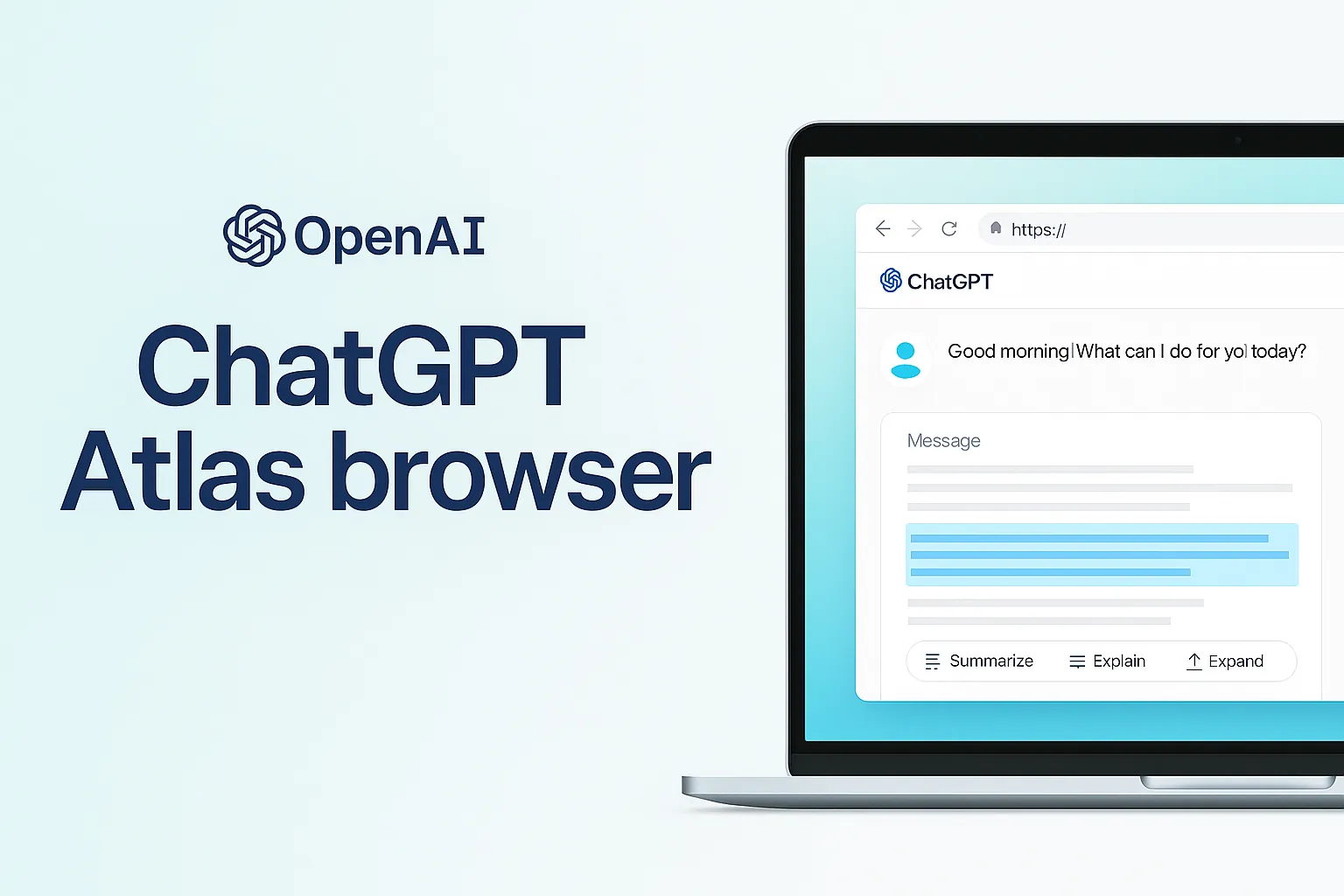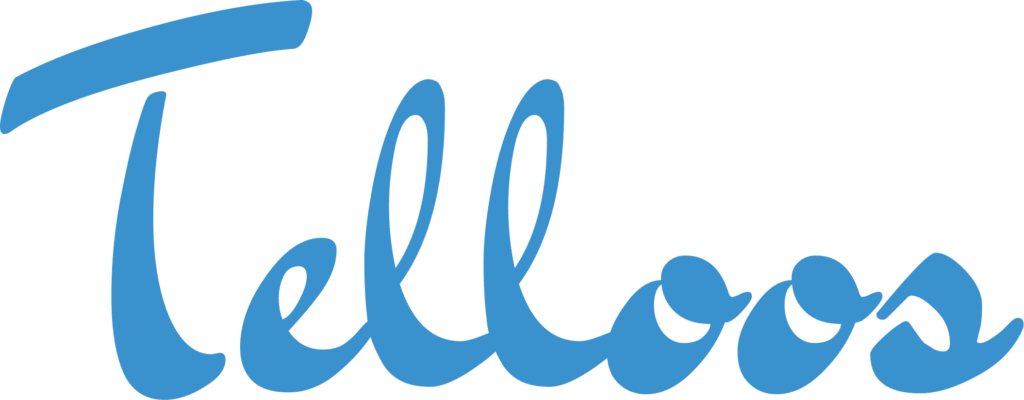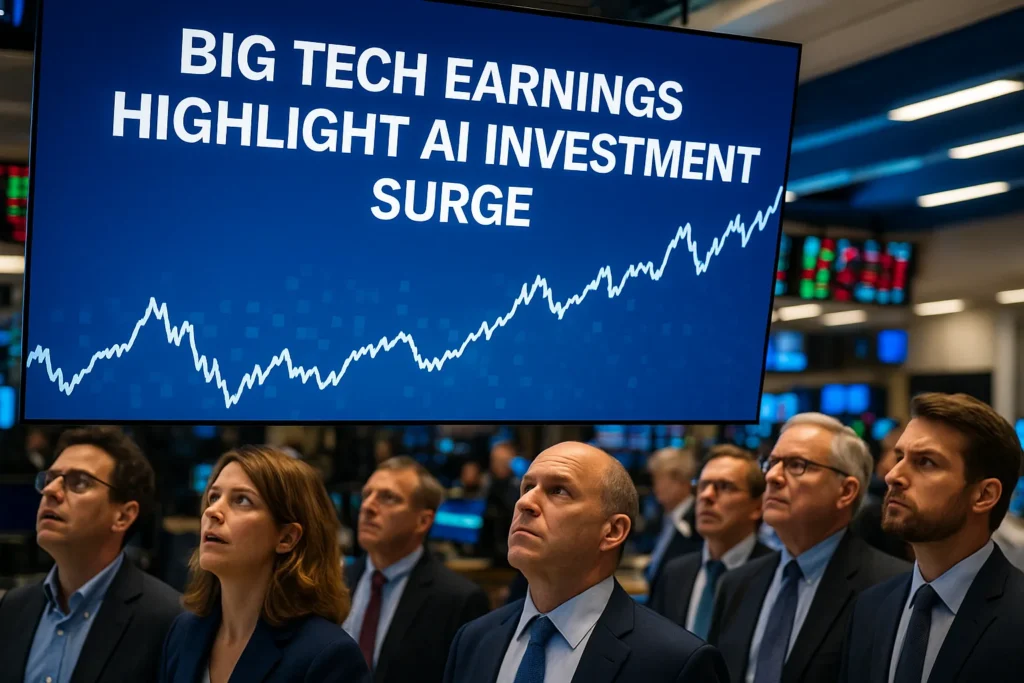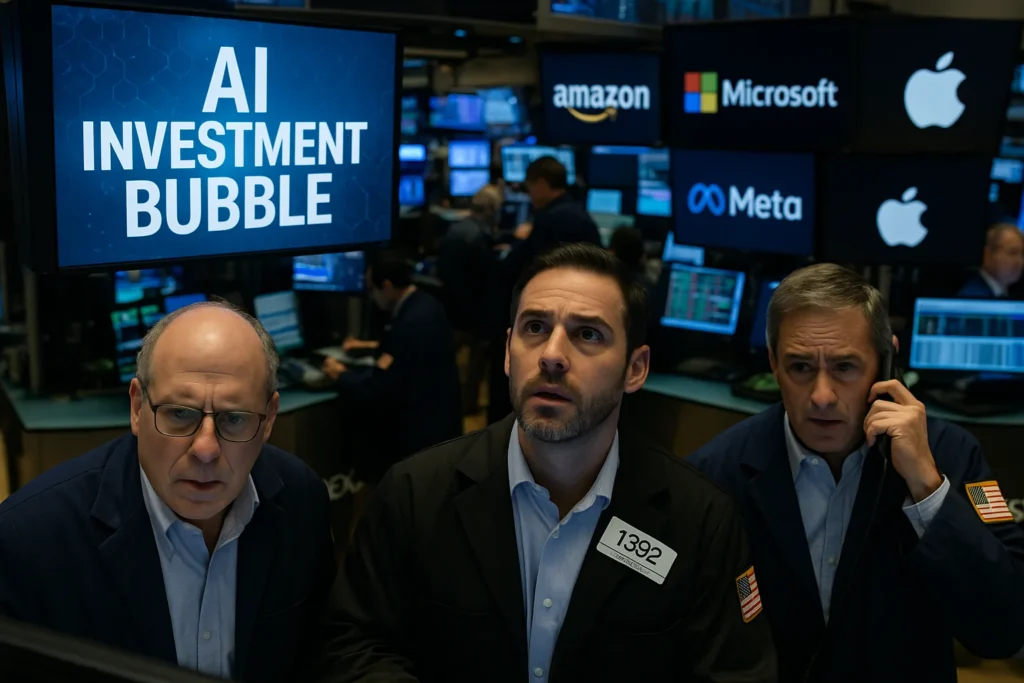It wasn’t just another product launch — it was a declaration of war. With the unveiling of the ChatGPT Atlas browser, OpenAI didn’t simply add a new feature to its chatbot. It stepped directly into the territory long ruled by Google and declared: the future of the internet will no longer be searched, it will be spoken into existence.
The Atlas browser, introduced in October 2025, merges browsing, memory, and automation into a single conversational experience. It doesn’t just display the internet — it interprets, filters, and even acts on it. You don’t “Google” something anymore; you ask Atlas, and it navigates, summarizes, and executes your intent.
Beneath the futuristic veneer, however, lurks a critical question: is this innovation or consolidation? Because while Atlas promises liberation from traditional search, it may quietly create the most centralized digital ecosystem in modern history.
Context: the browser wars are back — and they’re intelligent
The ChatGPT Atlas browser is OpenAI’s first foray into hardware-level software — a complete browsing environment built on Chromium, the same foundation that powers Chrome and Edge. It’s available for macOS today, with Windows, iOS, and Android versions on the way.
Atlas is designed around the principle that the browser itself should think. A persistent ChatGPT sidebar lives beside every webpage, allowing users to highlight, summarize, translate, or rewrite content instantly. It’s not an extension or plugin — it’s built in.
Then comes Agent Mode: the ability for the AI to take actions — booking flights, adding products to carts, editing documents, sending emails. Paired with browser memory, which stores user preferences and history for contextual replies, Atlas creates a seamless, continuous digital identity.
But seamlessness comes with strings attached. When the tool that interprets your world also remembers it, you’re not just browsing — you’re being profiled in real time.
The illusion of innovation: convenience hiding control
Every major tech revolution begins with a promise of convenience — and every monopoly begins with the same. Google once claimed to “organize the world’s information.” Facebook promised to “connect the world.” Now OpenAI pledges to “simplify your digital life.” Yet each step toward simplicity erodes autonomy.
The ChatGPT Atlas browser replaces search results with curated summaries, advertisements with “contextual suggestions,” and typing with conversation. But who decides what Atlas shows you? When you ask, “What’s the best political news today?”, you’re not choosing your source — Atlas is. When you say, “Book me the cheapest flight to Rome,” the AI selects which booking site earns your money.
This isn’t an open web — it’s a privatized one, where information is filtered through a corporate algorithm disguised as helpful conversation. As one former OpenAI engineer reportedly told Wired, “Atlas doesn’t democratize the web; it intermediates it.”
Analytical Breakdown: why OpenAI built a browser
At first glance, building a browser seems like a strange move for an AI company. But strategically, it’s inevitable. The browser is the last major interface Big Tech hasn’t redefined since the smartphone revolution. Whoever controls it controls attention, commerce, and data.
Google controls 70% of global browser market share through Chrome. Microsoft, Apple, and Brave fight over scraps. By launching ChatGPT Atlas, OpenAI is not trying to become a browser company — it’s trying to rewrite the rules of access itself.
Search is dying. Users no longer want ten blue links; they want one confident answer. Chrome depends on Google Search to exist. Atlas bypasses it completely.
For OpenAI, this isn’t about convenience. It’s about positioning itself as the gateway to information. That means control over the global advertising pipeline, commerce recommendations, and user analytics worth hundreds of billions. In other words, this isn’t a browser war — it’s a war for the soul of the internet.
The architecture of intelligence: how Atlas works
Under the hood, Atlas runs a modified Chromium build with deep integration of OpenAI’s large language models. Every webpage becomes a semantic object — not text, but meaning. Highlight a paragraph, and the AI understands it as data, context, and tone. Ask Atlas to summarize a 20-page PDF, and it does so instantly without copying or plugins. In Agent Mode, it can fill forms, execute JavaScript, or write responses in web apps.
This turns the browser into an actor, not a window. The user no longer navigates — they command. Yet this new power comes at a cost. By processing interactions locally and in the cloud, Atlas logs enormous behavioral data. Even if memory is “optional,” the default state encourages personalization. Each interaction refines your profile — a dataset that could make targeted advertising or political micro-messaging exponentially more potent than Google’s.
OpenAI insists privacy controls are robust and transparent. But transparency in AI is a moving target: you don’t see the code that decides what you see.
Human Perspective: the seduction of frictionless living
For users, Atlas feels intoxicating. The moment you open it, ChatGPT greets you like a digital assistant: “Good morning, would you like to continue your research on sustainable energy?” It remembers your previous session, your tone, even your frustration. The experience feels personal, intelligent — and, for some, invasive.
A UX designer who tested Atlas told The Verge, “It’s like browsing inside your own subconscious — everything anticipates you, but you can’t tell if it’s reading your mind or shaping it.”
Ordinary users will embrace Atlas for the same reason they embraced Chrome and iPhones: it’s easier. No ads (for now), no distractions, no tab chaos. Everything just works. But in the process, users may surrender the last fragment of digital independence — the ability to choose what they see, not what AI decides they need.
Counterarguments: progress or paranoia?
OpenAI’s defenders argue that these fears are misplaced. Atlas, they say, is the natural evolution of web usability. Instead of drowning in data, users get clarity. Instead of switching apps, they stay focused. Indeed, the browser’s efficiency is extraordinary. Early testers reported that AI-assisted browsing cuts research time by half. Content creators can draft, edit, and publish within one interface. Businesses can automate workflows previously spread across ten tools.
But critics note that convenience always comes first — autonomy later, if at all. The concern isn’t that Atlas is malicious; it’s that it’s monopolistic by design. When one AI mediates billions of decisions, from reading habits to shopping, the illusion of choice vanishes. Even Tim Berners-Lee, the inventor of the World Wide Web, warned years ago that “the web’s openness will die not from censorship, but from convenience.” Atlas may be the proof.
Insider details: leaks, ambitions, and the Chrome reaction
Internal sources cited by Reuters say that Atlas’s launch was rushed ahead of schedule after Google’s DeepMind team began testing “Project Orion,” an AI-driven version of Chrome with similar conversational features. OpenAI’s leadership, led by Sam Altman, reportedly saw Orion as an existential threat. One insider described Atlas as “a preemptive strike.”
At Google headquarters, the reaction was predictably fierce. Senior engineers at the Chrome division have allegedly been instructed to accelerate Gemini integration across all browser functions. A silent arms race has begun: the era of static search bars is over. Meanwhile, Apple is rumored to be exploring a Safari-GPT hybrid built on private inference models. The browser market, dormant for a decade, is now the front line of AI geopolitics.
Global implications: reshaping economies and attention
If ChatGPT Atlas succeeds, its ripple effects will reach far beyond tech. News media will lose referral traffic. SEO, as we know it, will implode — replaced by AI-optimized visibility. E-commerce will shift toward conversational commerce, where the first answer becomes the sale.
For regulators, Atlas is a nightmare. It merges content, recommendation, and action under one opaque model. How do you audit a browser that rewrites web content dynamically? How do you legislate accountability when no two users see the same internet?
Europe’s Digital Markets Act may classify AI browsers as gatekeepers, subjecting them to antitrust obligations. The U.S. Federal Trade Commission has already requested briefings from OpenAI over competitive transparency. But regulators are perpetually reactive — and Atlas moves faster than bureaucracy can comprehend.
The philosophical dimension: the end of the human web
There’s a deeper cultural question at stake. The original internet was chaotic but democratic — a vast library shaped by human curiosity. The AI-mediated internet that Atlas inaugurates is curated, optimized, and psychographically personalized. That means two users may read the same article but perceive entirely different versions — one simplified, one expanded, one censored for “accuracy.” AI browsers will make the web adaptive but also fragmented. The collective experience of “the internet” could dissolve into algorithmic solitudes.
In a haunting twist, the technology designed to connect us may finalize our disconnection.
Analytical reflection: where the web goes next
From a market perspective, Atlas’s debut solidifies OpenAI as the first AI company to own an entire user interface layer — not just an app. That places it alongside Microsoft, Google, and Apple in the hierarchy of digital power. But Atlas’s success will hinge on trust. Will users allow a single AI to navigate their financial data, social interactions, and browsing history? Or will backlash drive a revival of open-source alternatives and privacy-focused browsers like Brave and Arc?
If history is any guide, users will choose convenience — until the cost becomes unbearable.
Conclusion: the Atlas paradox
The ChatGPT Atlas browser represents both the peak of innovation and the point of no return. It promises freedom from information overload but risks enslaving us to algorithmic mediation. It embodies intelligence, but not necessarily wisdom. OpenAI calls Atlas “a browser built for the next era of intelligence.” Perhaps. But if this is the future, we must ask who holds the map — and whether we’re the ones being guided or guided away.
The web is evolving from an open frontier into a curated maze. Atlas might make navigation easier, but the direction of travel — toward control or liberation — remains dangerously unclear.
External Links
OpenAI: Introducing ChatGPT Atlas
Reuters: OpenAI launches AI browser Atlas
The Verge: Inside OpenAI’s ChatGPT Atlas browser
100 views






